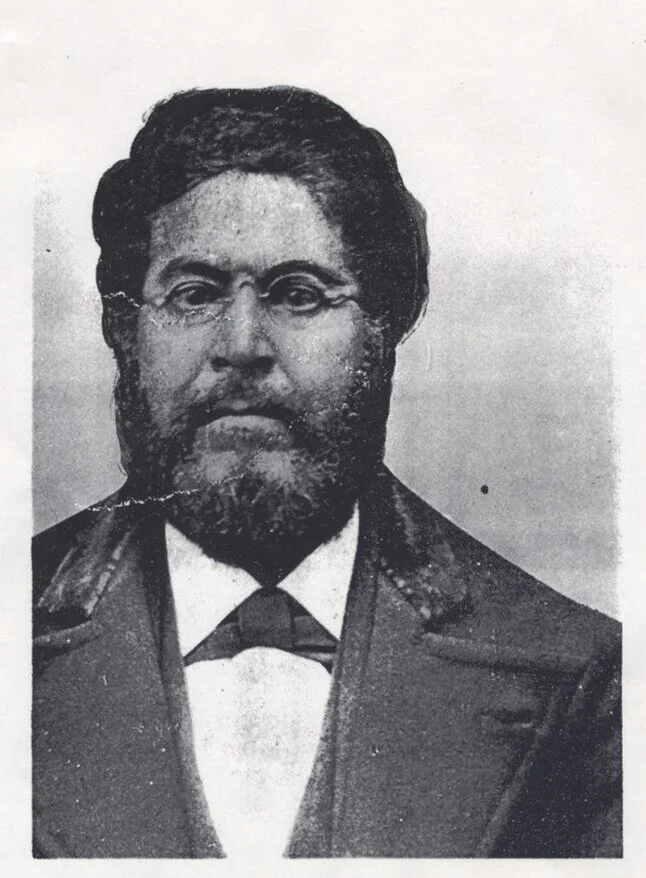Bobby Seale
Robert “Bobby” Seale 1936 - present
Bobby Seale is the co-founder and former national chairman of the Black Panthers, which later became the Black Panther Party. Seale and his contemporaries sought to start a movement they believed better represented their values than the Civil Rights movement's focus on nonviolence. Black empowerment and protection of the Black community was the Panther's central aim.
After serving four years in the Air Force and being dishonorably discharged (for fighting with a commanding officer), Seale met Huey Newton (co-founder of the Black Panther Party) during a protest rally of President John F. Kennedy's naval blockade of Cuba. Sharing political ideologies, the two quickly grew a strong bond. Newton helped Seale pursue his dormant political activism.
The collective activism of Seale, Newton, and the other Panthers, helped produce new chapters nationwide. To properly archive the Panther's work and ensure the movement was not mischaracterized by the media or opposition figures, Seale wrote a book titled, "Seize the Time: The Story of the Black Panther Party and Huey P. Newton."
Following through on one of the Panther's central tenants, protection, armed 'cop watching' patrols were initiated. Due to the perpetual, systemic brutality and harassment of Black and brown migrant communities in Oakland, California, the Panthers (visibly carrying loaded weapons) followed police and observed them as they made stops.
The Black Panther Party was the first organized group to police the police.
This action was viewed as radical by the mainstream, but it was appreciated by community members who had grown accustomed to government promulgated police brutality. In addition to the popular cop watching patrols, the Panthers assisted families with a nutrition program meant to reduce hunger in poverty-stricken neighborhoods. The social program Free Breakfast For School Childrenprovided breakfast to hundreds of kids before the start of school. "The program was simple: party members and volunteers went to local grocery stores to solicit donations, consulted with nutritionists on healthful breakfast options for children, and prepared and served the food free of charge." The impact of the program was immediate as school officials throughout the city reported improvement in students who participated in the program.
In October of 1966, Seale and Newton drafted the Black Panther Party's Ten-Point Program (party platform). These points highlighted the mission of the party:
1. We want freedom. We want power to determine the destiny of our Black Community.
2. We want full employment for our people.
3. We want an end to the robbery by the Capitalists of our Black Community.
4. We want decent housing, fit for shelter of human beings.
5. We want education for our people that exposes the true nature of this decadent American society. We want education that teaches us our true history and our role in the present day society.
6. We want all Black men to be exempt from military service.
7. We want an immediate end to POLICE BRUTALITY and MURDER of Black people.
8. We want freedom for all Black men held in federal, state, county and city prisons and jails.
9. We want all Black people when brought to trial to be tried in court by a jury of their peer group or people from their Black Communities, as defined by the Constitution of the United States.
10. We want land, bread, housing, education, clothing, justice and peace.
As the party platform makes evident, Bobby Seale's mission was to uplift underserved communities.
While the Black Panther Party is often inaccurately regarded as a group of anti-government radicals, they were far from it. Bobby Seale and the Black Panthers were philanthropic, courageous, political activists.
























